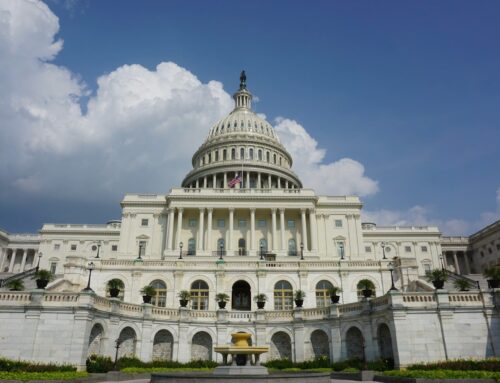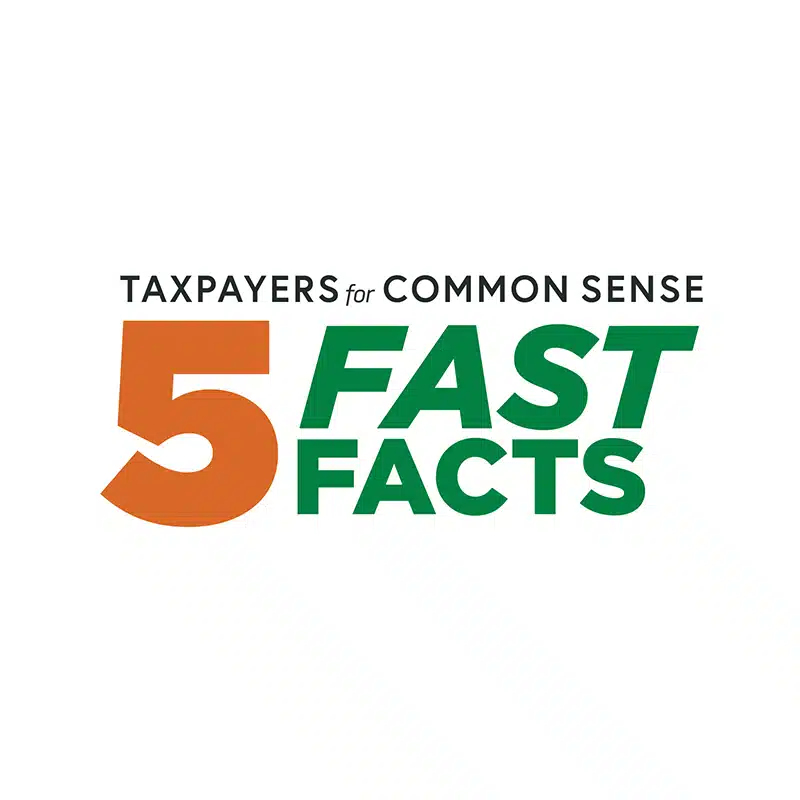The Internal Revenue Service (IRS) recently released tax statistics from the past year revealing that the number of wealthy individuals and large corporations audited in the 2004 fiscal year increased sharply, though it still trails highs from the mid 1990's.
The new numbers underscore that the IRS pit bulls have been a wealthy tax scofflaw's best friend for too long. Audits were at an all time low, allowing taxpayers to cheat the federal government out of tens of billions annually. With low-income taxpayers facing more audits than high-income taxpayers, the agency has become our nation's pet Chihuahua: a lot of bark, but no bite.
However, the IRS's new data suggests that they may be turning the corner. Audits for taxpayers earning $100,000 or more rose 40 percent over the previous year. More than 195,200 individuals were audited by the agency in fiscal year 2004, up from nearly 139,400 in fiscal year 2003.
While this represents a 75 percent increase over the last two years, it falls significantly short of the 210,000 high-income individuals audited in 1996.
The IRS data also showed an increase in the number of large corporations audited. More than 4,400 companies with assets of at least $250 million were audited, an increase of 32.5 percent over the 2003 fiscal year, when just over 3,300 companies were audited.
The audit rate for the largest companies was 40 percent last fiscal year, compared with 30 percent in fiscal 2003. Corporate audits have declined sharply for nearly a decade. The audit rate for large companies peaked most recently at 49.6 percent.
Audits are vital because tax evasion schemes continue to multiply like rabbits, through seminars held by present day snake-oil salesman and even at some of America's leading law firms, investment banks and accounting firms. These slick promoters trick people into believing that they don't have to pay taxes because of some bogus exemption, deduction or credit. The hucksters get rich and the suckers go to jail.
Currently, only about 1.5 percent of personal returns from America's wealthiest taxpayers get reviewed, and this number is unlikely to go up. The IRS is requesting increased funding so they can be more effective by targeting specific abuses. However, thanks to Congress, the IRS disproportionately continues to target the tax returns of the working poor. Wage-earning taxpayers are held to the rules while the IRS and Congress pass over those with the greatest means to disguise their income. The purpose of audits is to recover the greatest amount of unpaid taxes; the IRS should be targeting the very taxpayers they are ignoring.
Working Americans have very few ways to hide their income from the IRS. The Bill Gates and Warren Buffets have a panoply of options such as using off-shore accounts and hiding their earnings by creating paper companies or business partnerships. Lost taxes on partnerships are estimated at $9-$64 billion.
Congress is as much to blame as the IRS for these problems. Part of the difficulty in determining the accuracy of partnership returns is the complexity of the tax code. Moreover, in recent years, Congress has decimated funding, and consequently the auditing staff, for the IRS. Congress should work with the IRS to increase equity and fairness of the auditing process and give the IRS the resources the agency needs to target even more wealthy tax scofflaws.











Get Social